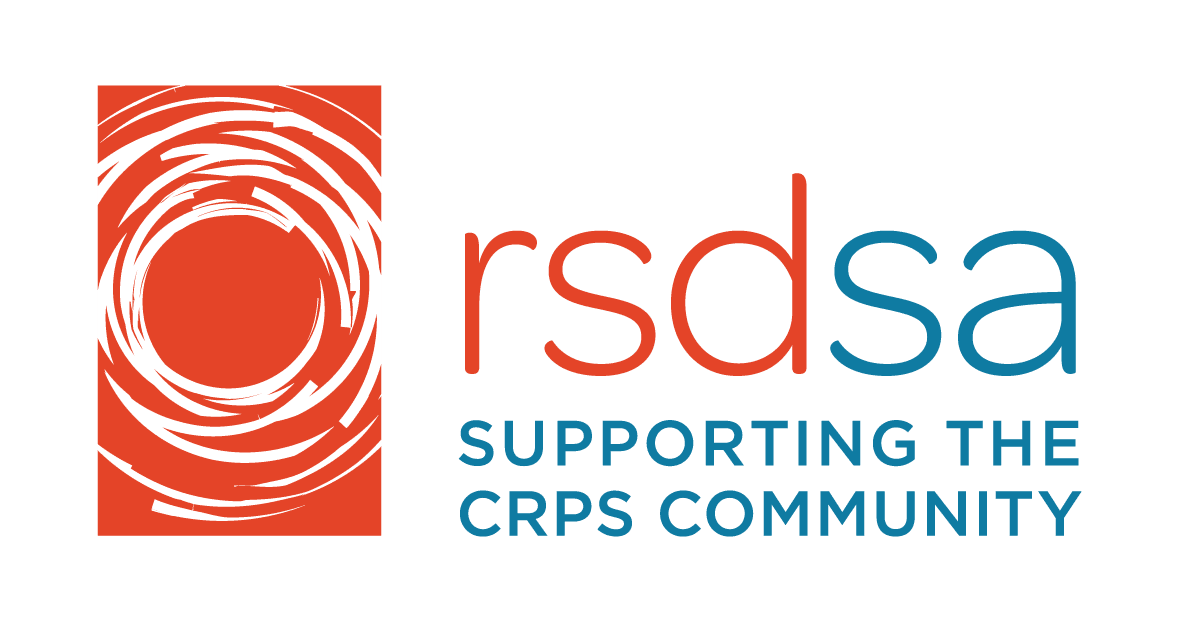Written by Keven Mosley-Koehler for the RSDSA blog.
To my friends and fellow-survivors,
Last week, I was playing a tennis match and my feet somehow got tangled up as I was running down a well-placed ball and the next thing I knew as I lunged for it I went down hard onto my right hip and leg. The first thought I had was whether or not she had been able to successfully return my shot!
My second thought was, “ouch, but I need to get up and finish my match!” (I take tennis very seriously).
It wasn’t until after the match concluded and I was on my way home that my chest squeezed up as that now-so-familiar question broke into my awareness: “Will this trigger an RSD flare up?” I jumped onto it immediately and entered into a self-calming routine that, like an old friend, knows me so well that she can read my mind and knows exactly what to say to make things better. She began: “Keven, you are OK. What you are feeling is a normal pain reaction that anyone else would experience with a hard fall. Isn’t that what it feels like to you?” I nod slowly. The reassurance thoughts continued: “You don’t have to worry about it being any more than that. Those days are gone. You will be sore from this and it will heal, just like anyone else’s bruised hip would heal. Now, be assured of this and let it go.” Done. I let it go.
The next morning, soreness greeted me as I climbed out of bed and prepared for work. I scanned the sensation with my mind and yes, it hurt. My body is hypersensitive to pain and this is something that I attribute to having had RSD. Leaning against the bathroom counter I took a few deep breaths to fight back the fear, and let the reassurance process begin: “This pain is what anyone would expect to feel after a fall like that. It will hurt for a while as it heals. It may bruise and swell but that is what bodies do as they heal.” I soothed myself and with great affection slowly rubbed the area while willing myself to believe. I then went on with my day, which starts with a low dose of Cymbalta and Meloxicam (an anti-inflammatory), which, although I don’t have RSD symptoms any longer, I take daily because I believe they work preventively. During the winter months, I increase the Cymbalta dose because I am positive that flare ups are more likely to occur when it’s cold.
So, this is how I live my life now, 25 years after developing RSD and working my way into remission, and it seems to work pretty well. I acknowledge the fear when it arises, (just last week as I went for my flu shot the whole “chest tightening-what if questioning-self calming routine” came into play), which I look at as a strong dose of “mental medicine”.
But the fear has its place, and in some ways I have come to appreciate it. It makes me cautious and reminds me that as much as I want to be a normal person (ha!) that in fact my nervous system is not. So and I listen closely to my body and mind because they remind me not to overdo my daily activity, and they raise red flags when I am not dealing appropriately with the stressors of my job, so I can get back on track.
Finally, I do not take what is now a long-term remission from RSD for granted. I give thanks a lot – to be able to go for a walk with my husband and dog again!! To be able to focus on a good book without the constant anguishing burning fire that consumed my leg for so many years!!
Finally, to have become a humbler, kinder, gentler human being because of living with RSD is perhaps the greatest gift of all.
Thank you for the chance to share.
And always, please know I welcome individuals to reach out anytime.
Keven Mosley-Koehler
734-272-2929
